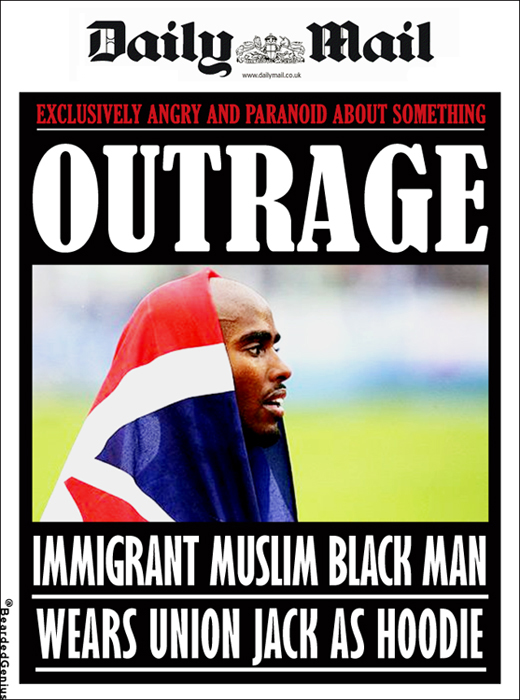John Scalzi gets it wrong with the Hugos:
Please also keep in mind that even if you believe that the list is a cynical exercise, there are people and work on that list who may be well worth consideration, who may or may not have even known they were part of (or would have consented to) being part of a cynical exercise. Consider that you would be doing them (and the Hugos) a disservice to dismiss them out of hand. I’ve seen rumblings of people suggesting they’ll put everyone on the Correia/Day slate below “no award” no matter what, but if you’re doing that, you’re making these fellows’ alleged point for them. Again: Why do that? It’s nearly as easy to read a work (or at least, read as far as can) and decide it’s just not for you. And if it is for you, well. Surprise!
No, you can’t and shouldn’t attempt to judge books or stories on merit that are on the shortlist as a political gesture. You can’t take the politics away and any gesture at judging on “merit” is naive or disingenious. If you don’t want the Hugo to become yet another front in the rightwing war on culture, the only sane thing to do is reject any and all of these nominations. Pretending that doing anything else is value neutral or objective harms those this stunt was aimed at, the women, people of colour and others whom the initiators want to drive out of science fiction. As Rose Lemberg argues, doing so also marginalises yet again exactly those voices:
Also, conciliatory statements often have the effect of diverting the attention yet again (along with the accompanying social praise and support) from the marginalized voices to the power brokers, thus increasing the social capital of those who already have it, while marginalized voices go unpromoted and unsupported – unsupported often in context of vicious attacks from those who deny Diversity Age fans their personhood.
People like Vox Day and Larry Correia and, yes, John Scalzi already get too much attention and consideration just for being straight white males, with all the privileges that entails (something which Scalzi to his merit of course has long realised). Even being outraged at the Correia/Day stunt is once again talking about the same sort of people we always talk about, rather than the people we should be talking about more.
So who and what should we be talking about? Here are some suggestions for further reading:
Anything else that should be on this list?
